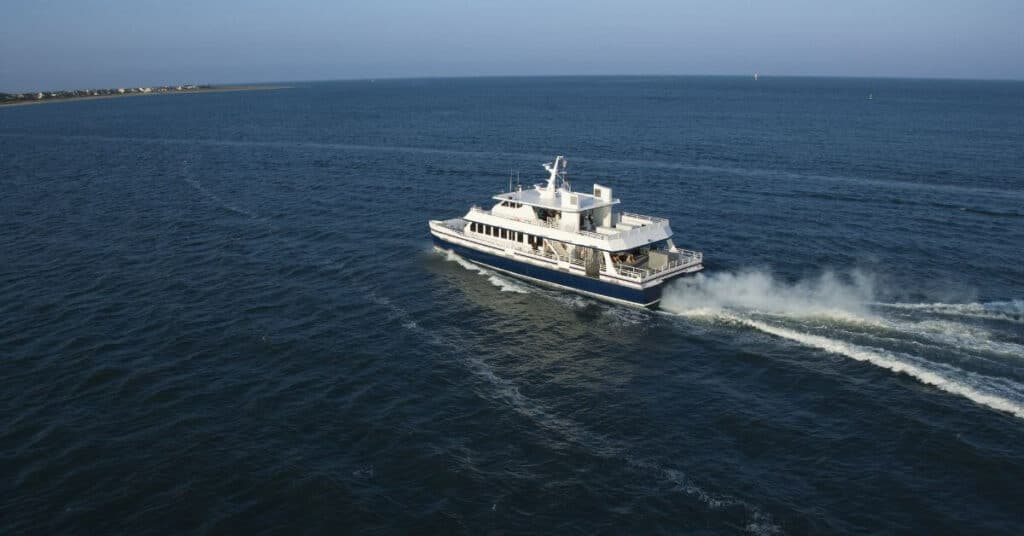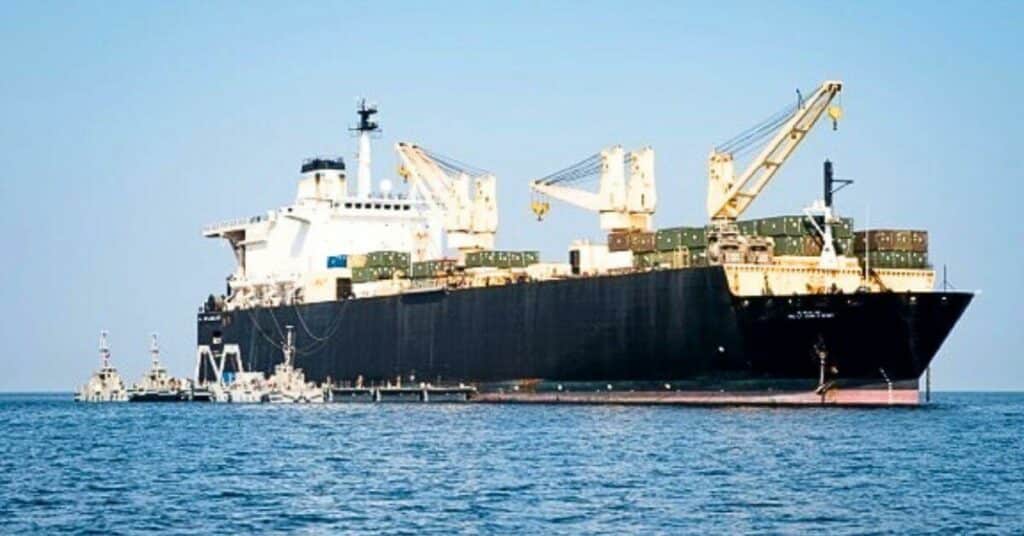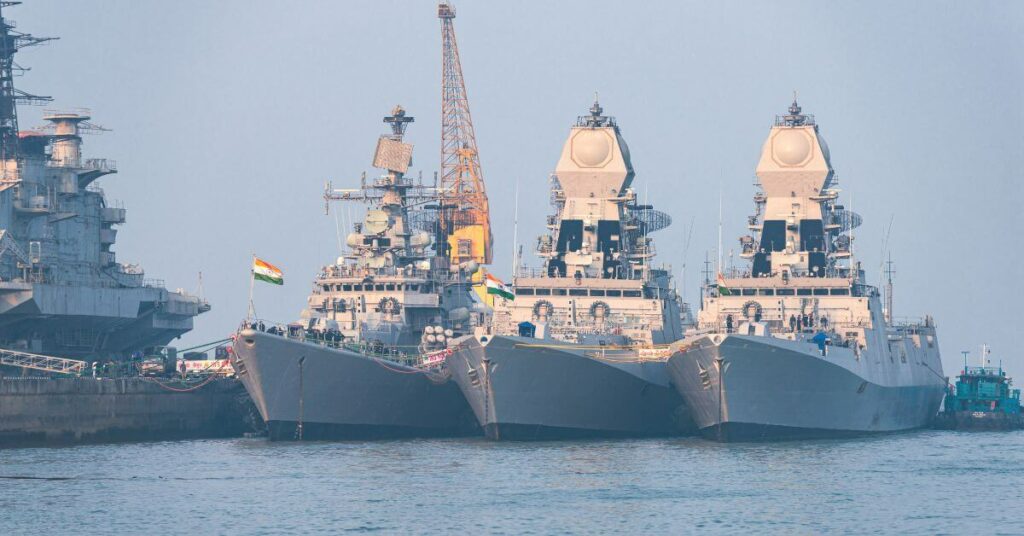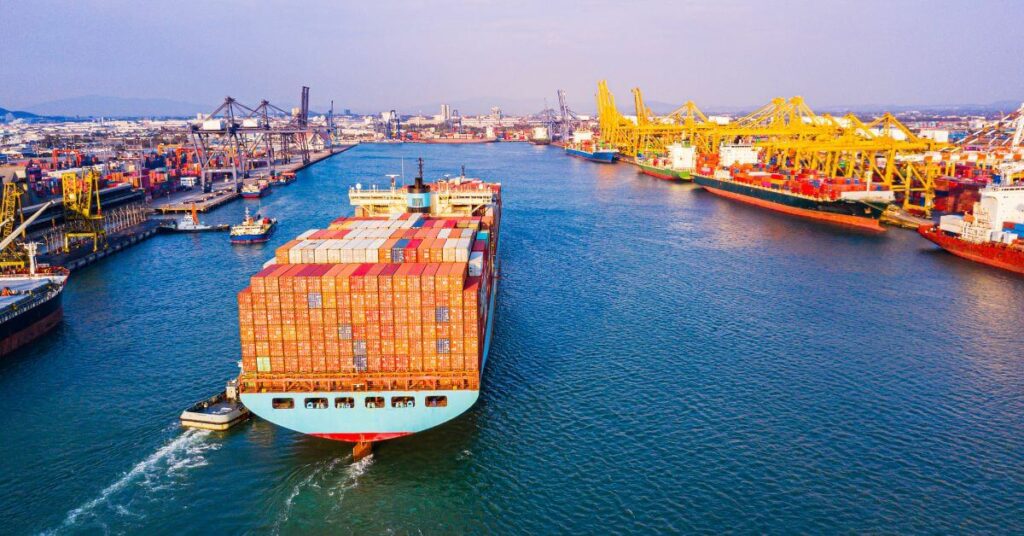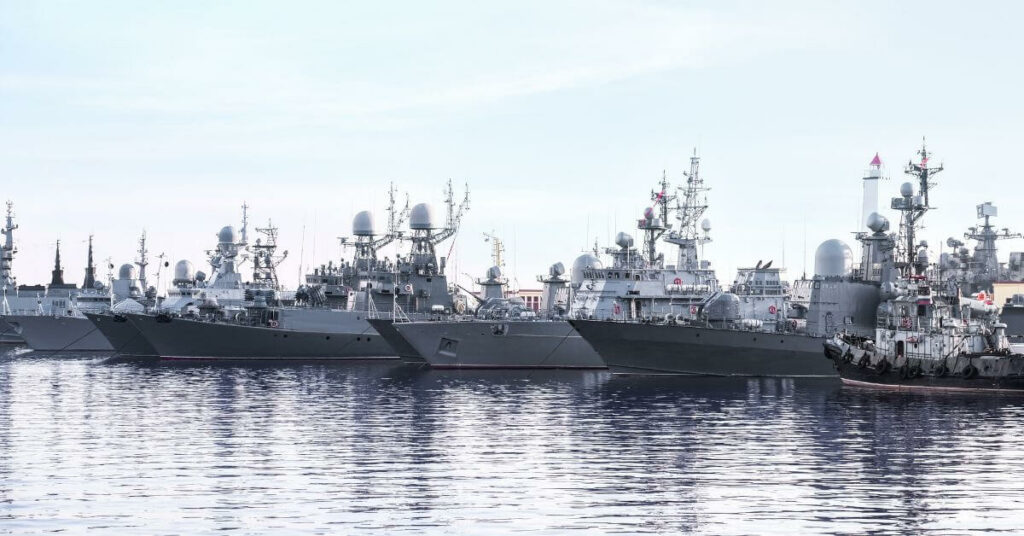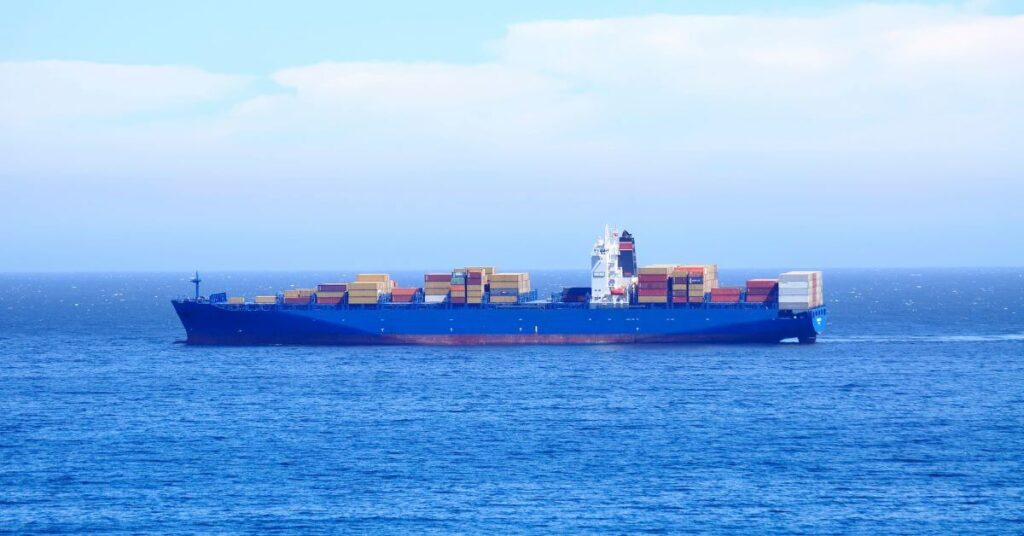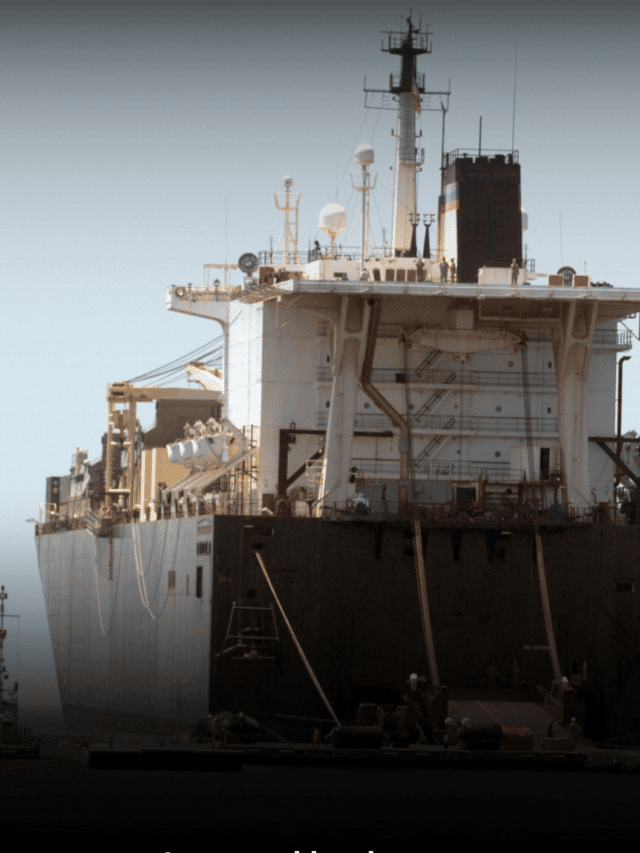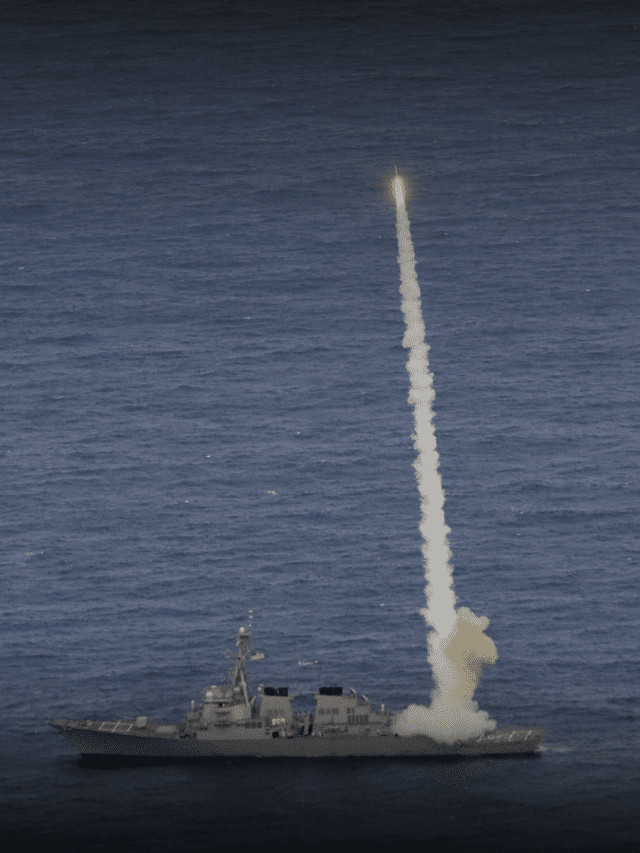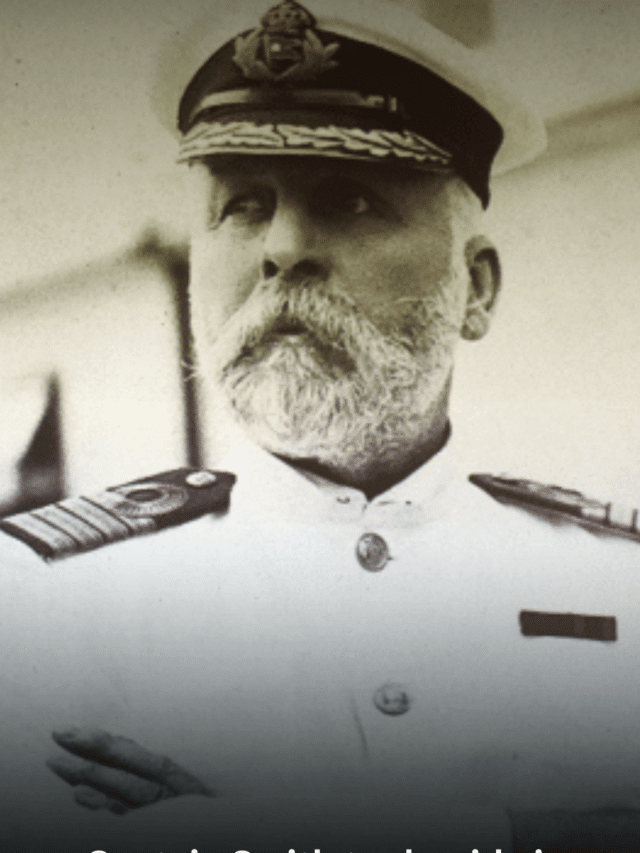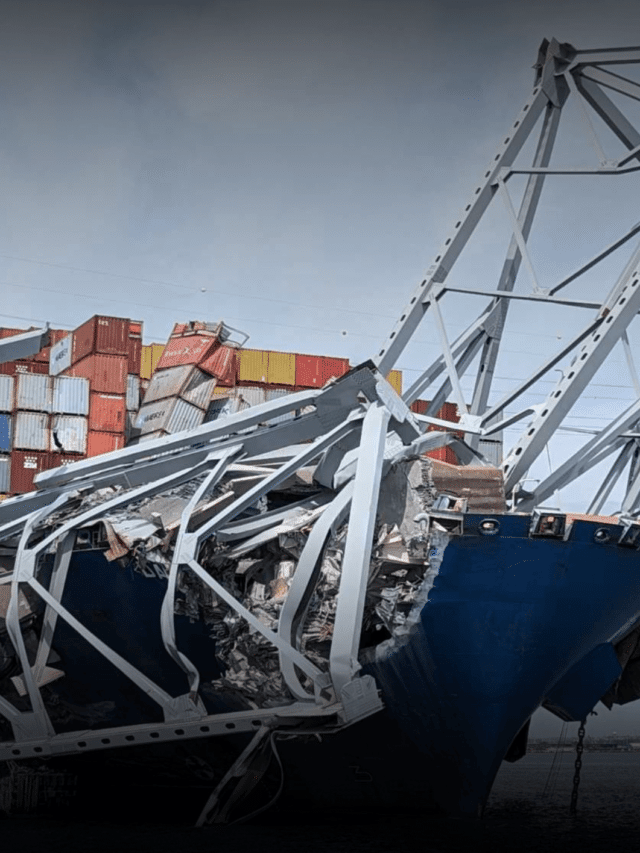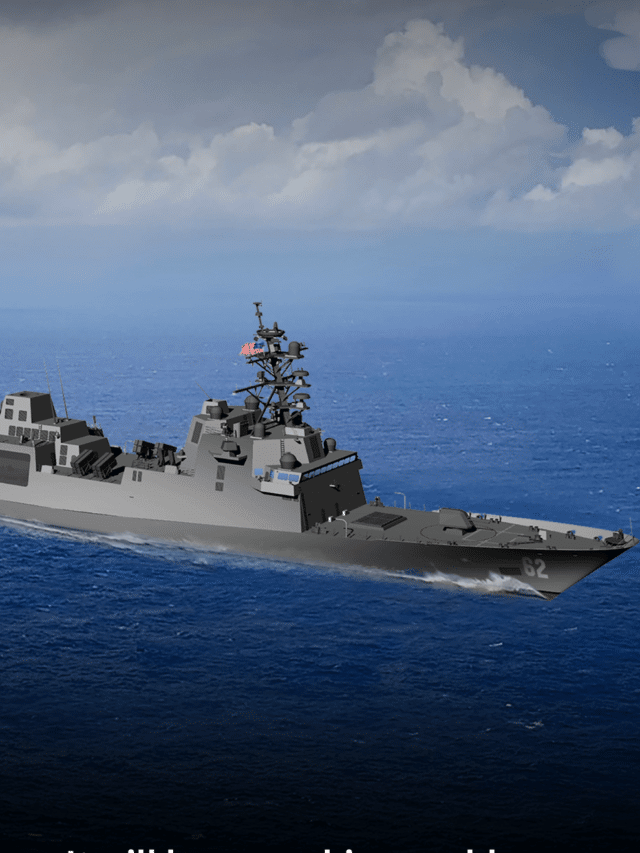IMO: Precautionary Approach Over Marine Geoengineering Solutions For Climate Change
Adding iron or other nutrients into the oceans to enhance natural processes to draw carbon from the atmosphere and creating foams which float on the surface of the sea to reflect sunlight back into the atmosphere are among a wide range of geoengineering practices which have been put forward as potential tools for countering climate change.
But, in a new report, marine and social scientists are urging a precautionary approach towards these techniques which involve deliberate large-scale manipulation of the environment.
The report, published by the Joint Group of Experts on the Scientific Aspects of Marine Environmental Protection (GESAMP), a body that advises the United Nations system on the scientific aspects of marine environmental protection, says that a coordinated framework for proposing and assessing marine geoengineering activities should be developed.
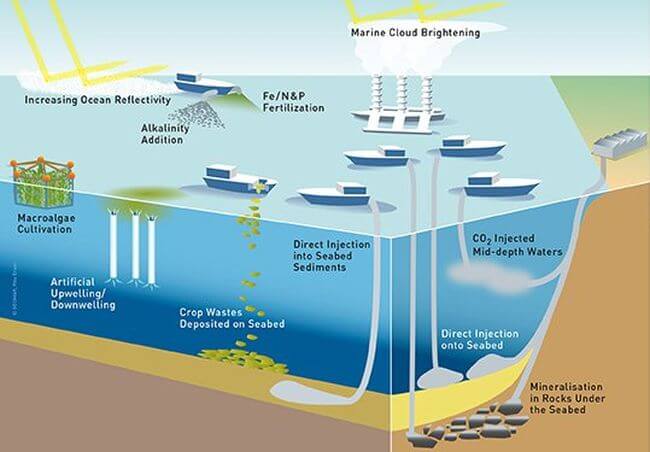
“It is essential that the process of evidence-based assessment takes place in parallel with ongoing efforts to devise research governance structures, since both are inextricably linked in the marine geoengineering debate and the development of policy,” the report says.
The High level review of a wide range of proposed marine geoengineering techniques is the first to comprehensively examine the many proposed ways to remove carbon dioxide from the atmosphere or boost the reflection of incoming solar radiation to space (known as “albedo modification”) – or, in some cases, both.
Co-editor Dr Philip Boyd, Professor of Marine Biogeochemistry at the Institute for Marine and Antarctic Studies at the University of Tasmania in Hobart, Australia, said the report marks an important step in identifying marine geoengineering approaches and highlighting issues that policy makers, regulators and governments will need to consider.
“The vast area, immense volume and potential large capacity for storing carbon dioxide of the world’s oceans mean that many approaches for marine geoengineering have been proposed. This report highlights the need for sound scientific evidence for each approach that may be considered by policy makers and regulators. There are legal, socio-economic, and geo-political considerations that will need to be taken into account,” said Dr Boyd.
The report catalogues 27 approaches, mainly focussed on marine geoengineering but also on fisheries’ enhancement and integrated marine multi-trophic aquaculture. It examines eight illustrative examples in detail.
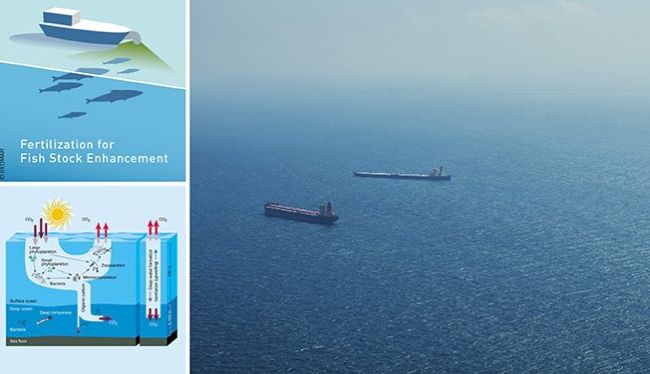
One of these, ocean iron fertilization, has already been addressed by the London Convention and Protocol, the treaties which regulate the dumping of wastes at sea- under which it is prohibited, except for legitimate scientific research. Parties to the London Convention and Protocol have adopted an “Assessment Framework for Scientific Research Involving Ocean Fertilization” (Resolution LC-LP.2(2010)), which guides Parties on how to assess proposals for ocean fertilization research and provides detailed steps for completing an environmental assessment, including risk management and monitoring.
This assessment framework for ocean fertilization was used as a template for assessing the different approaches in the study. However, the information that underpins each approach varies widely with respect to what is needed for a scientific assessment, from insufficient (i.e. no assessment is possible) to incomplete (i.e. a partial assessment could potentially be undertaken).
The GESAMP report recommends future work, including developing a streamlined, robust framework for scientific assessment that engages proposers of individual techniques and provides the opportunity for effective, transparent scientific review. It also advocates that there should be a clear focus on the potential environmental and socio-economic, geopolitical and other relevant societal aspects of marine geoengineering assessments.
“This framework is essential to promote a transition towards a more holistic assessment that includes social, political, economic, ecological, ethical and other societal dimensions. Marine geoengineering approaches must be grounded in strong underpinning science, and then explored, and potentially developed, in a manner that is useful and acceptable to society,” the report says.
Until a marine geoengineering technique can be scientifically assessed, “it is difficult to provide a portfolio of the benefits and drawbacks of each approach that can be examined through the lenses of legal, socio-economic and geo-political considerations. In addition, a far-from-complete portfolio also hinders the type of public engagement which will be required to facilitate informed societal and political decision-making on research into marine geoengineering.”
Fredrik Haag, Head of the Office for the London Convention/Protocol and Ocean Affairs at the International Maritime Organization (IMO), and the IMO Technical Secretary of GESAMP, said the report is an important first step in identifying and reviewing marine geoengineering techniques. “This is particularly important in the context of the United Nations Agenda for Sustainable Development; not just in relation to Sustainable Development Goal 13, which urges action to combat climate change, but also SDG 14, which seeks to ensure sustainable use of the oceans,” Mr. Haag said.
Marine geoengineering approaches
The report High level review of a wide range of proposed marine geoengineering techniques reviews eight approaches in detail, and identifies knowledge gaps:
- carbon dioxide removal – biology, such as ocean fertilization; current knowledge gaps include detection, attribution, upscaling issues and side effects
- food security – fertilization, such as fish stock enhancement; current knowledge gaps include detection, attribution, upscaling issues and side effects
- carbon dioxide removal – physical transport, such as liquid CO2 on the seabed; current knowledge gaps include upscaling issues and side effects
- hybrid technologies for carbon dioxide removal/food security, such as macro-algal cultivation; current knowledge gaps include upscaling issues and side effects
- carbon dioxide removal – physical transport and biogeochemistry, such as artificial upwelling; current knowledge gaps include detection, attribution, upscaling issues and side effects
- carbon dioxide removal – geochemical, such as ocean alkalinisation; current knowledge gaps include detection, attribution, upscaling issues and side effects
- albedo modification – ocean surface, such as reflective foams; current knowledge gaps include many major unknowns, foam performance, side-effects, detection, attribution, upscaling
- albedo modification – lower atmosphere, such as marine cloud brightening (using seawater spray); current knowledge gaps include many major unknowns, including feasibility of producing sub-micron salt water droplets.
Full details are available in the report. Download here.
Reference:
High-level review of a wide range of proposed marine geoengineering techniques
GESAMP WORKING GROUP 41 – ‘HIGH-LEVEL REVIEW OF A WIDE RANGE OF PROPOSED MARINE GEOENGINEERING TECHNIQUES’
GESAMP (2019). “High-level review of a wide range of proposed marine geoengineering techniques”. (Boyd, P.W. and Vivian, C.M.G., eds.). (IMO/FAO/UNESCO-IOC/UNIDO/WMO/IAEA/UN/UN Environment/ UNDP/ISA Joint Group of Experts on the Scientific Aspects of Marine Environmental Protection). Rep. Stud. GESAMP No.41 ISSN 1020-4873 (GESAMP Reports & Studies Series) Report editors: Philip Boyd and Chris Vivian Contributors to the report: Miranda Boettcher, Fei Chai, John Cullen, Timo Goeschl, Richard Lampitt, Andrew Lenton, Andreas Oschlies, Greg Rau, Ros Rickaby, Kate Ricke, Rik Wanninkhof.
GESAMP
The Joint Group of Experts on the Scientific Aspects of Marine Environmental Protection (GESAMP) is a body that advises the United Nations (UN) system on the scientific aspects of marine environmental protection.
IMO hosts GESAMP and provides secretariat services. Established in 1969, GESAMP is jointly sponsored by ten UN organizations with responsibilities relating to the marine environment: UN Food and Agriculture Organization (FAO), International Atomic Energy Agency (IAEA), International Maritime Organization (IMO), Intergovernmental Oceanographic Commission of UNESCO (IOC-UNESCO), International Seabed Authority (ISA), United Nations, United Nations Development Programme (UNDP), United Nations Environment Programme (UNEP), United Nations Industrial Development Organization (UNIDO) and World Meteorological Organization (WMO).
Reference: imo.org
Disclaimer :
The information contained in this website is for general information purposes only. While we endeavour to keep the information up to date and correct, we make no representations or warranties of any kind, express or implied, about the completeness, accuracy, reliability, suitability or availability with respect to the website or the information, products, services, or related graphics contained on the website for any purpose. Any reliance you place on such information is therefore strictly at your own risk.
In no event will we be liable for any loss or damage including without limitation, indirect or consequential loss or damage, or any loss or damage whatsoever arising from loss of data or profits arising out of, or in connection with, the use of this website.
Disclaimer :
The information contained in this website is for general information purposes only. While we endeavour to keep the information up to date and correct, we make no representations or warranties of any kind, express or implied, about the completeness, accuracy, reliability, suitability or availability with respect to the website or the information, products, services, or related graphics contained on the website for any purpose. Any reliance you place on such information is therefore strictly at your own risk.
Do you have info to share with us ? Suggest a correction
About Author
Marine Insight News Network is a premier source for up-to-date, comprehensive, and insightful coverage of the maritime industry. Dedicated to offering the latest news, trends, and analyses in shipping, marine technology, regulations, and global maritime affairs, Marine Insight News Network prides itself on delivering accurate, engaging, and relevant information.

About Author
Marine Insight News Network is a premier source for up-to-date, comprehensive, and insightful coverage of the maritime industry. Dedicated to offering the latest news, trends, and analyses in shipping, marine technology, regulations, and global maritime affairs, Marine Insight News Network prides itself on delivering accurate, engaging, and relevant information.
Latest Shipping News Articles You Would Like:
Subscribe To Our Newsletters
By subscribing, you agree to our Privacy Policy and may receive occasional deal communications; you can unsubscribe anytime.
Web Stories




